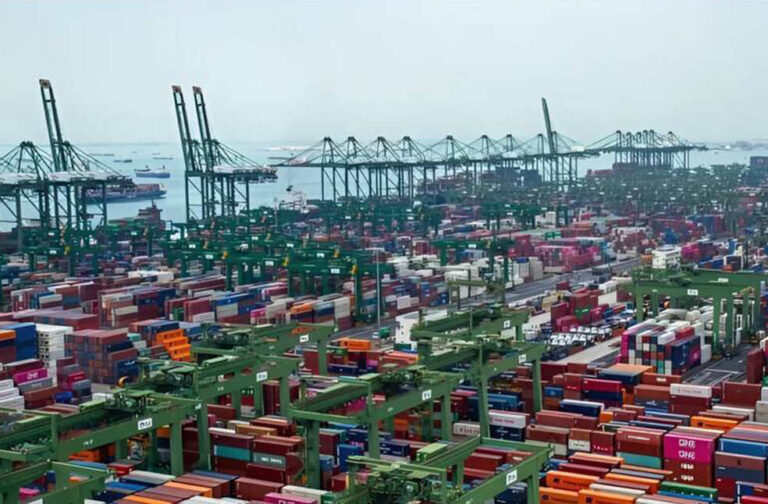New York: U.S. ports along the East and Gulf Coasts, from Maine to Texas, has prepared for a potential shutdown as dockworkers from the International Longshoremen’s Association (ILA) plan to strike from 1st of October. The dispute centres are on demands for wage increases and concerns over automation.
With the strike threatening to disrupt 60% of U.S. shipping, industries relying on imports like food, clothing, and electronics could face shortages, while the economic impact may reach $4.5 billion (£3mn) per week.
Unless there is a last-minute intervention, this strike will be the first port shutdown in nearly 50 years. Although President Joe Biden has the authority to suspend the strike for up to 80 days to allow more negotiations, the White House has stated that he currently has no plans to take such action.
The ongoing labour dispute between the ILA and the U.S. Maritime Alliance (USMX) revolves around a six-year master contract for 25,000 port workers.

Union leader Harold J. Daggett is pushing for significant wage increases for dockworkers and raising concerns over the impact of automation on jobs. Meanwhile, the U.S. Maritime Alliance (USMX), representing shipping companies, claims the union has stalled negotiations and has filed a complaint with labour regulators, urging them to force the union back to the bargaining table.
The current contract is set to expire, with wages previously ranging from $20 (£15) to $39 (£29) per hour. If unresolved, the strike could disrupt critical imports like food, causing economic damage and triggering political ramifications amid the upcoming U.S. election.
The looming dockworkers’ strike puts President Biden in a challenging position. He has the authority to impose an 80-day cooling-off period to force workers back to their jobs during negotiations, a power previously used by President George W. Bush in 2002 to resolve a similar crisis. The U.S. Chamber of Commerce is urging Biden to take action to prevent significant disruptions to the economy.



